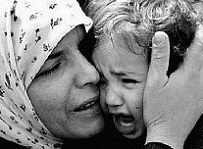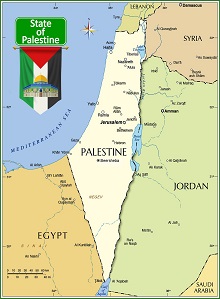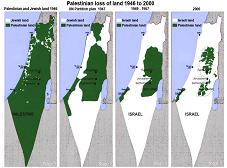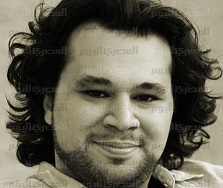 General's statement against Palestinian poet angers Egyptian intellectuals
General's statement against Palestinian poet angers Egyptian intellectuals
SCAF member General Hassan al-Roweiny is in hot water with Egyptian intellectuals after criticizing Palestinian poet Tamim al-Barghouthi.
■ Roweiny said on a TV talk show last week that foreigners like Barghouthi should not talk about Egyptian politics and matters of national security, in reference to Barghouti's comments on another talk show about a document on national unity. Roweiny expressed surprise to find a young man with “a weird accent and non-Egyptian features” discussing issues of national security, adding that he contacted the TV station telling them that it would have been better to interview one of the revolutionary youth in Tahrir Square. "With its population of 86 million, Egypt isn't waiting for a Palestinian to develop state policies,” said Roweiny. “It’s Egypt that has been working on the reconciliation between Palestinian factions." Roweiny’s statement triggered a wave of criticism among the young poet’s fans and Egyptian intellectuals. Writers Bahaa Taher and Sonallah Ibrahim and colloquial poets Ahmed Fouad Negm and Abdel Rahman al-Abnoudy were among a group that issued a statement condemning the general on Tuesday. The statement said Roweiny's comments were discriminatory, “whereas all Arabs and humans are equal." A number of Facebook groups have also sprung up in response to the controversial comments. ■ Tamim is one of the notable revolutionary voices and his poems were repeatedly read and chanted in Tahrir Square during the revolution. Born in Cairo in 1977 to Egyptian novelist Radwa Ashour and acclaimed Palestinian poet Murid al-Barghouti, he published his first poem at the age of 18. He studied politics at Cairo University and the American University in Cairo, before completing his PhD from Boston University in 2004, and he is currently a post-doctoral fellow and lecturer at Georgetown University. Over the years, he continuously wrote poetry. In 1999, he visited Palestine for the first time and wrote his first poetry collection, "Mijana", in the Palestinian spoken dialect of Arabic. His fame as a poet came with “Aluli-Bethebbe-Masr” (They Ask: Do You Love Egypt), written in the Egyptian spoken dialect, and “Maqam Iraq” (the Iraqi Ode) in classical Arabic. Those poems came in response to the US invasion of Iraq and Egypt’s declared position toward the war. Barghouti has also been dubbed “The Poet of Jerusalem.”
Arabic Literature (in English): In Praise of…the Poet with the Weird Accent
Another World Is Possible: In Al-Quds “In Jerusalem” -تميم البرغوثي ... في القدس - VIDEO





